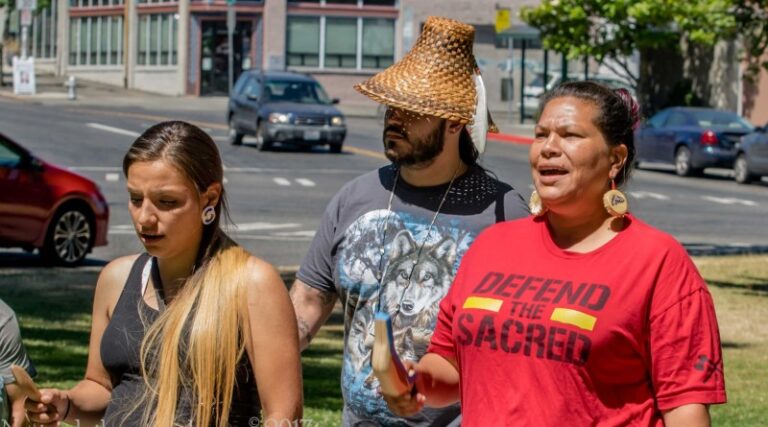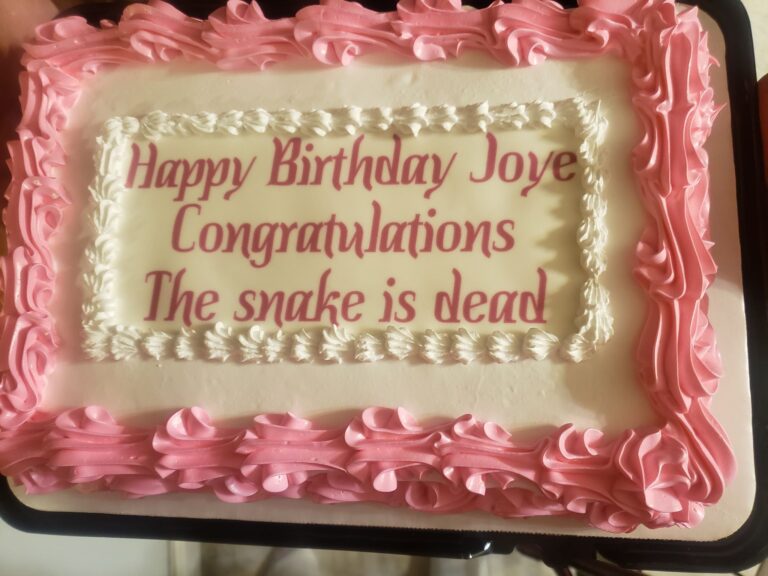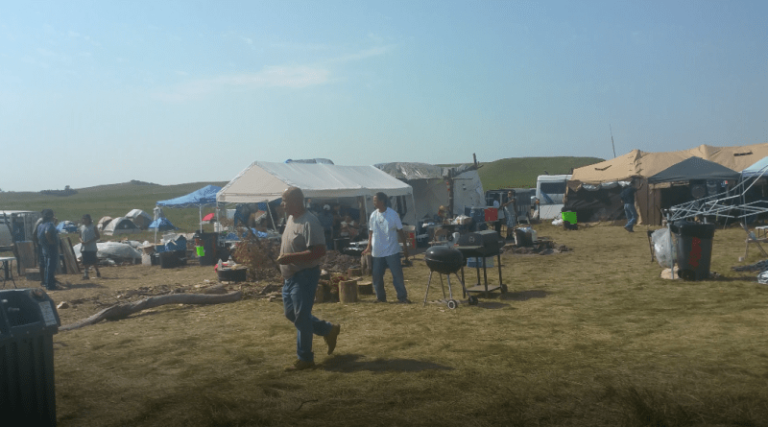By Simone Anter (Yoeme/Jicarilla Apache),
Staff Attorney at Columbia Riverkeeper simone@columbiariverkeeper.org
Tradition: the passing down of customs or beliefs from generation to generation.
Columbia Riverkeeper’s founders believed that a thorough cleanup of the Hanford Nuclear Site was essential to protect people’s health and the Columbia River. Our predecessor group, Columbia River United, formed in 1989, the year the U.S. government’s mission at Hanford changed from plutonium production to cleanup.
Since that time, the custom of advocating for Hanford cleanup was passed down and remained at the forefront of our work.
Throughout the years, Riverkeeper has been inspired by the countless people, tribes, and advocacy groups that have had an incredible impact on Hanford cleanup. From the influential and critical work of tribal nations in advocating for a clean up of Hanford that is protective of future generations’ who will use Hanford.
To groups like Hanford Challenge and Heart of America Northwest, whose work to protect worker safety at Hanford and zealous oversight of proposed cleanup plans at Hanford have ensured that there is always a public voice pushing the government for more protective cleanup of North America’s most toxic site. Working with and learning from our partner groups and tribal nations over the years has helped to guide Riverkeeper’s Hanford advocacy and remind us why we all fight for cleanup.
You could say that we have a tradition here at Riverkeeper, a tradition of tireless advocacy for Hanford cleanup.
I like to remind people that without their collective voices, stories, actions, and an adamant commitment to holding state and federal governments accountable over the years, Riverkeeper and our allies would never have accomplished the following:
- Blocked several proposals to make Hanford a dumping ground for Greater Than Class C radioactive waste and toxic mercury.
- Convinced the U.S. Environmental Protection Agency (EPA) to invest in groundwater treatment, which led to a massive pump-and-treat system that treated billions of gallons of groundwater and removed tons of toxic and radioactive pollution before it reached the Columbia River.
- Persuaded EPA and the U.S. Dept. of Energy (Energy) to address toxic hexavalent chromium contamination, which was upwelling into critical salmon habitat near decommissioned plutonium reactors. In response to our collective public pressure, EPA and Energy started cleanup with deep digs near the Columbia, reducing the amount of chromium entering the river.
- Successfully challenged President Trump’s proposal to shrink the Hanford Reach National Monument, a proposal that would have degraded the Reach’s natural, cultural, tribal, and fisheries resources.
- Gathered over 200 people along the Hanford Reach for a day to celebrate the memory and legacy of Yakama Nation leader Dr. Russel Jim and his extraordinary contribution to the cleanup of Hanford. Boat rides, shared stories, food, dance, and song coalesced to remind people that Yakama Nation calls this area their home and that everyone has a right to a clean and safe Columbia River.
So, what does it mean to carry on a tradition? I believe it means picking up the bag and recognizing that it’s heavy because it is filled not only with setbacks and disappointment, but also with victories, unity, and a commitment. It means that as the world faces a new “normal” we carry forward our advocacy for a cleanup of Hanford that ensures it is safe for future generations.
As the U.S. government continues to move forward with cleanup decisions, despite COVID-19, it means that we stay involved and remind the federal government that we still care. You and I can choose to carry on the tradition of fighting for a cleanup of Hanford that protects all people, salmon, and the Columbia River.
Read more about the incredible, thorough and succesful work of the Columbia Riverkeepers. https://www.columbiariverkeeper.org/
